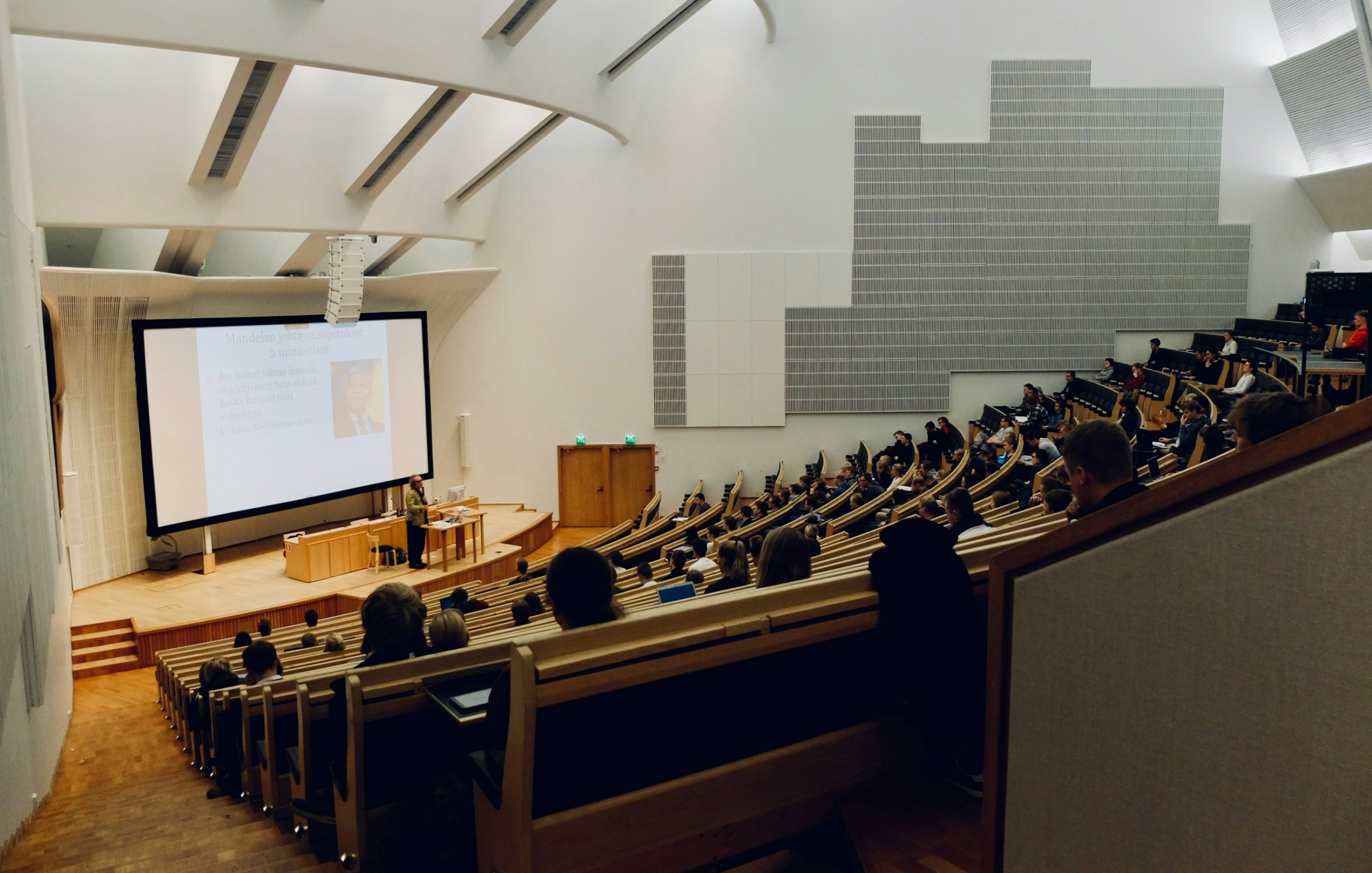At a glance
IFF Research were commissioned by the University of Hertfordshire (UoH) to help them to better understand the changing non-academic needs of students, following limited opportunities for face-to-face socialising over the last 18 months. Research findings from student focus groups allowed UoH to adapt and develop their offer to best meet the immediate needs of the September 2021 cohort, and address the wider, longer term factors that contribute to non-academic student satisfaction.
About the client
The University of Hertfordshire has been an innovative force in education since the early 1950s. Today, it hosts a thriving community of more than 30,000 students who study 550-degree options at a vibrant, inclusive, campus-based institution. Alongside high-quality teaching, the University’s strong relationships with industry and award-winning careers services ensure students gain the knowledge and skills they need to match their ambition and succeed.
Challenges and objectives
The Covid pandemic has drastically changed the university experience both academically and socially. While the sector has largely focused on the impact of methods employed to support the widespread move to online learning and teaching, there is less known around how the social experience will change in future cycles.
UoH therefore needed to revaluate their understanding of students’ expectations of the campus experience in this context. This study also allowed them to identify any gaps between students’ expectations prior to enrolment, and the reality of their experience once at UoH.

“In a difficult year for students with the social restrictions in place during the pandemic, IFF helped us to understand the impact of this on the student experience and particularly groups of students that were most affected and why. The research created a platform for direct conversation with students to discuss creative solutions to improve student interaction and experience, many of which have since been implemented.”
Simon Hume,
Head of Insight and CRM Marketing and Communications
Solution
IFF conducted six 90-minute online focus groups with current students at the UoH, two with commuter students, and four with those currently living in on-campus student accommodation. To ensure coverage of perceptions pre- and post-Covid, a range of undergraduate year groups were involved, from first year students to those who had just graduated.
Topics for discussion included university events, safety and security, wellbeing, representation, technology, facilities, and experience of accommodation / commuting.
IFF produced a highly visual report, focusing on actionable recommendations for UoH, which differentiated between ‘quick wins’ that could be implemented from September 2021, and solutions that would require mid-to-long term systemic change.

Impact
The research conducted supported UoH in developing an evidence base for interventions around non-academic activities. It was able to identify clear consensus on a range of issues, including the continuance and format of online events, the link between safety and protective measures through the pandemic and student trust and safety, and how wellbeing services may best support students in need.





